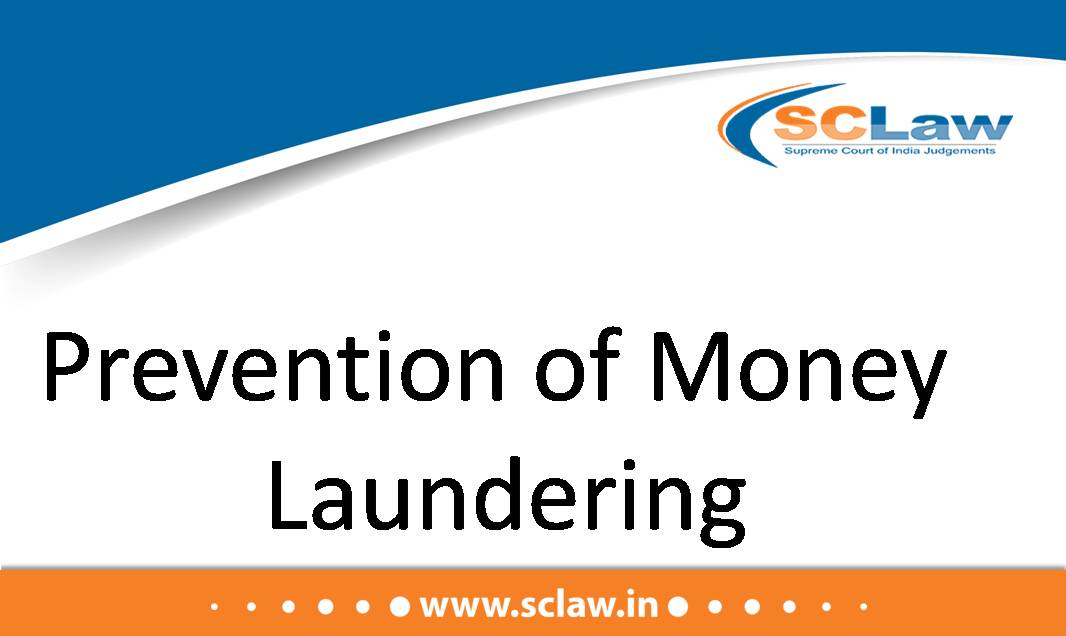Penal Code, 1860 (IPC) – Sections 153A, 500, 501, 504, 34 and 120B – Intentional insult with intent to provoke breach of the peace – – The primary issue is whether the allegations in the FIR disclose any cognizable offence justifying the continuation of the investigation – The Court refers to precedents to determine the absence of necessary ingredients for the alleged offences and the applicability of the principles for quashing criminal proceedings – The Court quashes the FIR and all proceedings against the appellant, citing the absence of necessary ingredients for the cognizable offences alleged.
SUPREME COURT OF INDIA DIVISION BENCH SHIV PRASAD SEMWAL — Appellant Vs. STATE OF UTTARAKHAND AND OTHERS — Respondent ( Before : B.R. Gavai and Sandeep Mehta, JJ. ) Criminal…








